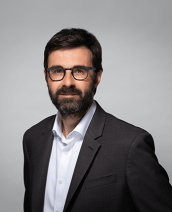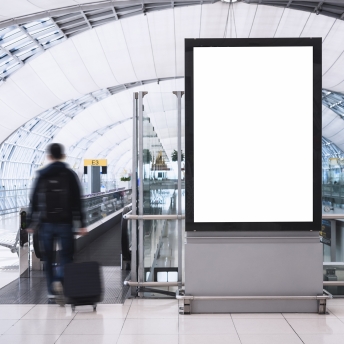Mathieu Blondel
Mathieu advises major firms in the infrastructure and transportation industries on acquisition strategy, corporate development and lean & agile operations.

Areas of Focus
Education

Mathieu is a Partner at Arthur D. Little France, a member of the Travel & Transportation Practice, and the Global Head of Arthur D. Little Aviation Competence Center.
Mathieu has more than 15 years of experience in strategy and management consulting.
Mathieu helps leading industry players and investors (transport companies, infrastructure operators, third-party service providers, Private Equity & Infra Funds...) to develop and implement strategic transformation and performance improvement projects.
Mathieu is graduated from HEC Paris.

Energy: New business pillar for transport infrastructure operators

Artificial intelligence in mobility

Aviation year zero – Green for grants

Aviation year zero – The future is reinvention


Airport digital transformation

Multi-brand airline groups: A winning approach?

A tipping point in airport-industry economics

The ultimate battle in the sky

Mathieu is a Partner at Arthur D. Little France, a member of the Travel & Transportation Practice, and the Global Head of Arthur D. Little Aviation Competence Center.
Mathieu has more than 15 years of experience in strategy and management consulting.
Mathieu helps leading industry players and investors (transport companies, infrastructure operators, third-party service providers, Private Equity & Infra Funds...) to develop and implement strategic transformation and performance improvement projects.
Mathieu is graduated from HEC Paris.

Energy: New business pillar for transport infrastructure operators

Artificial intelligence in mobility

Aviation year zero – Green for grants

Aviation year zero – The future is reinvention


Airport digital transformation

Multi-brand airline groups: A winning approach?

A tipping point in airport-industry economics

The ultimate battle in the sky
More About Mathieu
- HEC (France)Master, Corporate Strategy & Finance, Marketing
